Due to popular demand, I’m going be writing more and more articles referencing some sort of construction and my experience with it in the real estate industry. Because of this, I’m going to have a new category and page where you can find all of these construction specific articles on my website tetonrealtyblog.com – “Know Your Home”.

 won’t go into too much detail on what a title insurance policy is, though you can read the article here:
won’t go into too much detail on what a title insurance policy is, though you can read the article here:  While it may not seem like a big topic to someone in the community not involved with real estate, fire suppression compliance, (or the lack thereof) has recently been a big topic for those in the real estate community.
While it may not seem like a big topic to someone in the community not involved with real estate, fire suppression compliance, (or the lack thereof) has recently been a big topic for those in the real estate community.